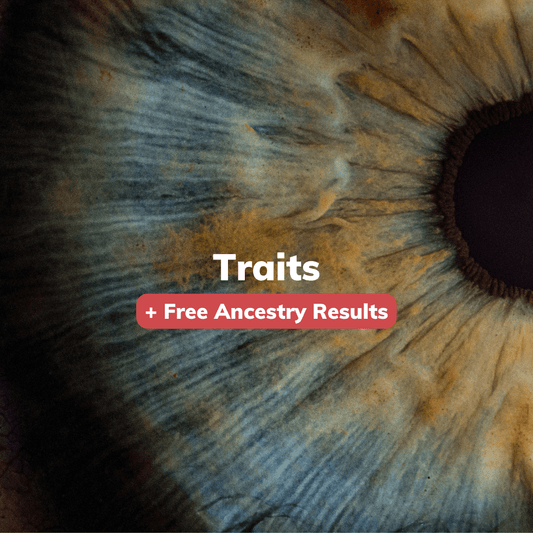
Pair bonding and sociability
Celine HaarhoffPair bonding and sociability are important aspects of human behavior and relationships. Research has shown that there is a genetic component to these traits, which means that some people may be more predisposed to forming strong bonds with others and being more sociable than others.
One of the genes identified as playing a role in pair bonding and sociability is the oxytocin receptor gene (OXTR). This gene helps regulate the brain's oxytocin levels, a hormone involved in social bonding. Variations in the OXTR gene have been associated with differences in social behavior and relationships.
People with a particular variation of the OXTR gene, known as the GG genotype, may be more likely to form strong bonds with others and have more positive social interactions. On the other hand, people with the AG or AA genotypes may be less likely to form strong bonds and have more difficulty with social interactions.
Symptoms of a genetic predisposition to pair bonding and sociability may include a strong desire to form close relationships with others, a tendency to be more trusting and empathic, and an ability to form and maintain social connections quickly. People predisposed to these traits may also have a natural talent for understanding and relating to others, making them well-suited for careers such as counseling or social work.
A genetic test can help determine whether a person has a genetic predisposition to pair bonding and sociability. This test involves analyzing a person's DNA to identify variations in the OXTR gene. The test results can provide valuable information to help people understand their social behavior and relationships and provide insights into how they can improve their social skills and relationships.
For example, someone who has a genetic predisposition to pair bonding and sociability may be able to use this information to understand better their behavior and why they may be more successful in forming and maintaining close relationships. They can also use this knowledge to help improve their social skills and relationships and better understand their relationships' social dynamics.
On the other hand, someone with no genetic predisposition to pair bonding and sociability may be able to use this information to understand better why they may have difficulty forming close relationships or struggle with social interactions. This knowledge can help them develop strategies to improve their social skills and relationships and better understand their social behavior.
Overall, a genetic test for pair bonding and sociability can provide valuable information to help people understand their behavior and relationships and make positive social changes. Whether you have a genetic predisposition to pair bonding and sociability, this information can be a valuable tool in improving your relationships and social skills.


